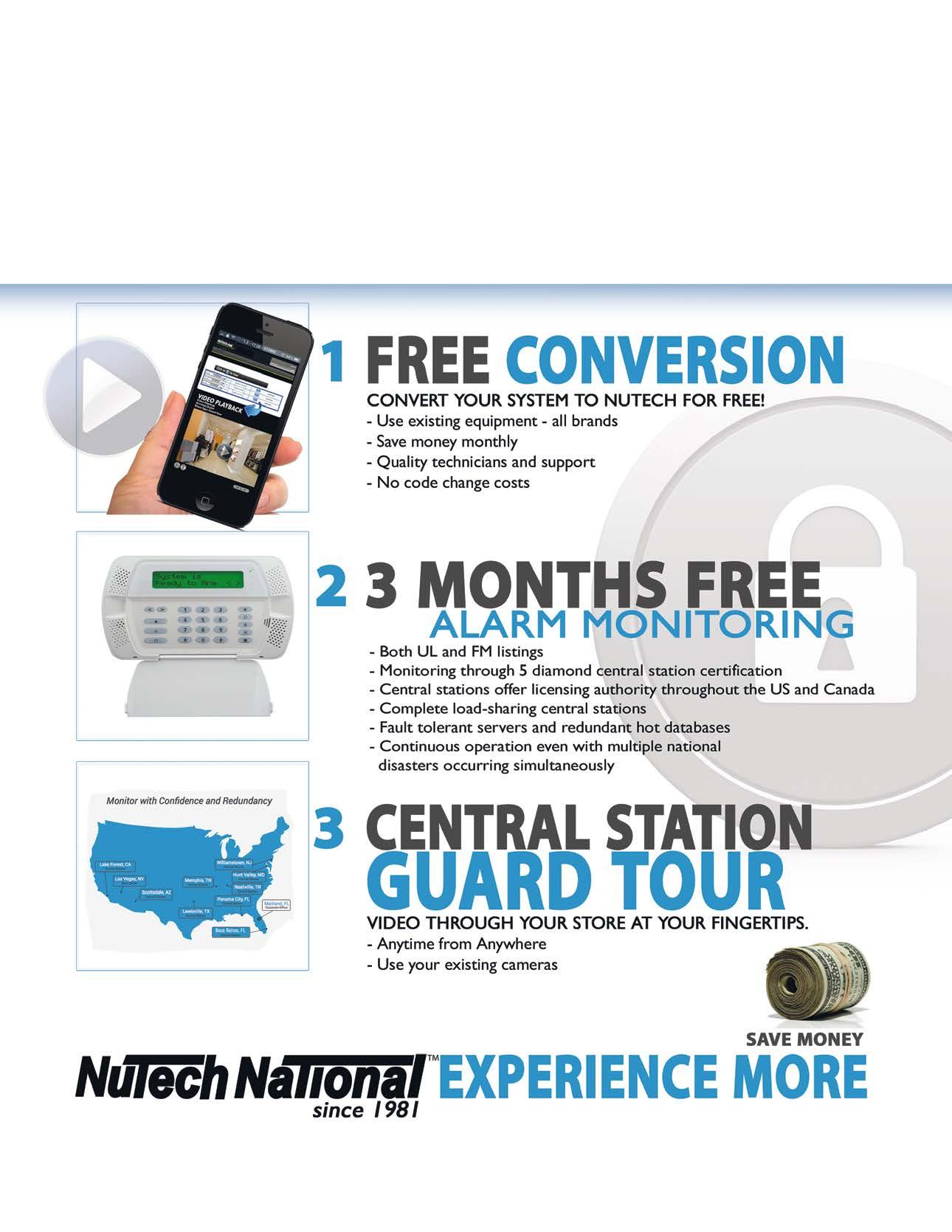ACADEMIC VIEWPOINT
Coworker Competition
by Richard C. Hollinger, PhD Dr. Hollinger is professor and chair of the Department of Sociology and Criminology & Law at the University of Florida, Gainesville. He is also director of the Security Research Project, which annually conducts the National Retail Security Survey. Dr. Hollinger can be reached at rhollin@ufl.edu or 352-294-7175. © 2015 Richard C. Hollinger
A Motivator for Your Loss Prevention Staff?
T
his column is devoted to featuring and summarizing the academic viewpoint utilizing research that should be of interest to the readers of this magazine, namely, loss prevention executives, managers, and field personnel. Often I find scholarly articles that are published in both academic and practitioner journals to review. This month I did not have to go very far, since this column will feature the recently completed University of Florida doctoral dissertation research of one of my top graduate students, Ron Floridia. He successfully defended his dissertation research to his committee and will be awarded his doctorate in criminology at the end of the spring 2015 semester. Floridia’s findings were part of a larger study that examined the influence of loss prevention officers’ peers on their training. As part of his doctoral dissertation research, Floridia interviewed thirty proprietary hourly loss prevention officers employed by two national retailers. The confidential interviews were conducted in northern and central Florida, but the officers’ store locations ranged from South Carolina to central Florida. While Floridia interviewed the respondents about the various techniques companies use to incentivize loss prevention officers, he stumbled upon something very interesting in the course of his research. Specifically, he discovered a very influential, informal culture that existed between the officers that was built on peer competition. The overall trend that emerged from the interviews was that strong camaraderie existed between a loss prevention officer and his or her peers. Roughly 95 percent of officers in the study responded that their peers provided them with an important source of positive encouragement when the officer performed his or her job well. This encouragement was displayed through verbal channels, such as phone calls, as well as written channels, including emails and text messages. When Floridia asked the officers about peer encouragement, one officer remarked that there is always feedback, there are always congratulations, and the feedback was uniformly positive. The verbal recognition was displayed in various forms, such as an officer telling his or her peers, “Good catch,” “Hey man, I heard about that stop and the way you
26
MARCH - APRIL 2015
handled it—I wanted to do it myself,” or “Way to pull those dollars up.” Floridia found that the officers identified characterized well-performing peers by saying they have “good eyes” or they made a “good spot” regarding how they are able to identify shoplifters. This praise was part of a much larger informal culture of competition created by the officers. This informal competition motivated the officers more than any monetary incentives, promotional inducements, or verbal praise given by a supervisor. This competition became a game of statistics based mainly on who could obtain the greater number of apprehensions. One officer described the atmosphere as “very competitive,
Supervisors should consider incentives that ignite the natural competitive spirit between their LP staff, but are cautioned to do so in a way that does not inadvertently promote unethical behavior. always going over numbers, but it’s more of a friendly competition.” The officers compared themselves to other LP peer groups as well as other individual officers. For example, one officer asks his peers, “How many did you get?” Other officers send messages to their peers saying, “I caught you,” or “I’m five up on you.” In one case, officers made unofficial bets with one another, and whoever lost bought lunch for the winner. Officers disseminated their apprehensions to other officers through verbal and written channels. Officers
|
LPPORTAL.COM









